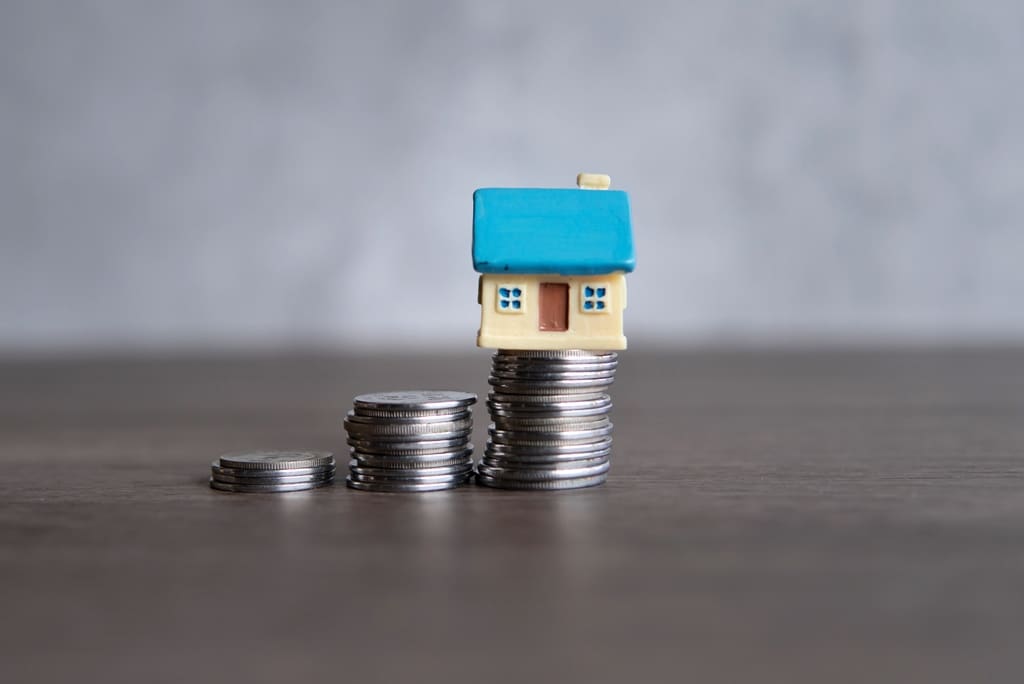In the ever-changing realm of real estate, understanding the profound impact of economic trends is paramount for both investors and homeowners. Economic shifts can send ripples through the housing market, influencing everything from property values to demand.
Navigating the Economic Landscape
As economic trends fluctuate, so does the real estate market. A booming economy often leads to increased demand for housing, driving property values upwards. Conversely, during economic downturns, the real estate market may experience a slowdown as potential buyers become more cautious.
Housing Demand Dynamics

Economic indicators such as employment rates, income levels, and consumer confidence play a pivotal role in shaping housing demand. High employment rates and rising incomes typically correlate with increased demand for homes. Analyzing these indicators can provide valuable insights into potential growth areas for real estate investment.
Investment Opportunities in Flux
The real estate market responds not only to current economic conditions but also anticipates future trends. Savvy investors leverage economic forecasts to identify emerging opportunities and potential pitfalls. Whether it’s a seller’s or buyer’s market, understanding economic trends positions investors to make informed decisions.
Adapting to Economic Changes

For homeowners, staying abreast of economic trends is essential for making strategic decisions. Economic downturns may necessitate adjustments to mortgage strategies or prompt considerations for property value preservation. On the flip side, a thriving economy could present opportunities for property upgrades and investment.
In conclusion, the symbiotic relationship between economic trends and the real estate market underscores the importance of staying informed. Whether you’re a seasoned investor or a homeowner, being aware of economic indicators and trends empowers you to navigate the real estate landscape with confidence.
#RealEstate #EconomicTrends #PropertyInvestment
